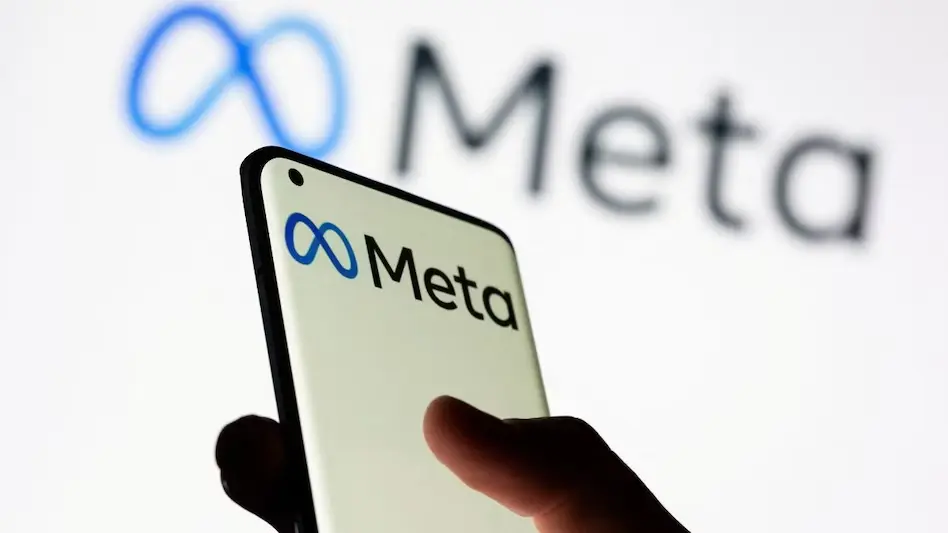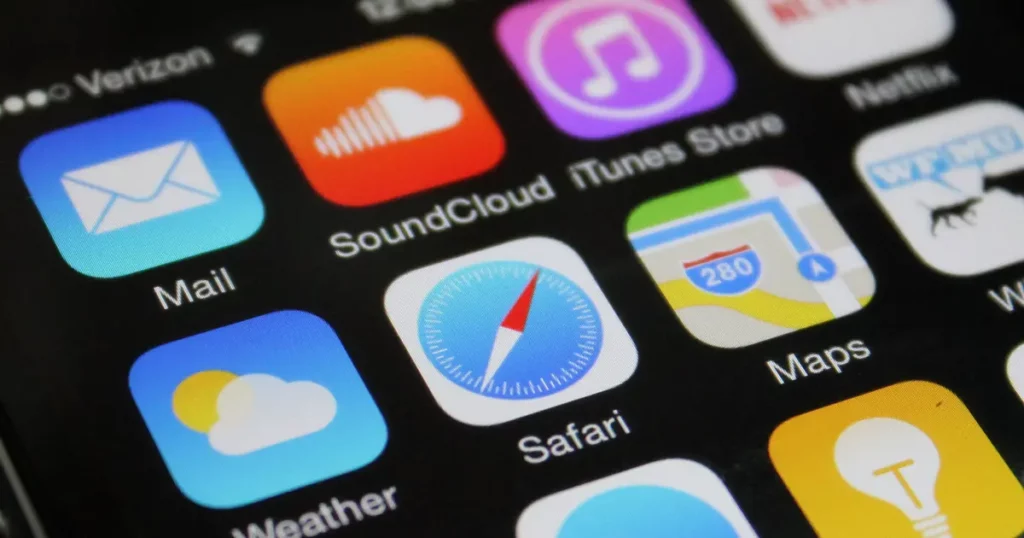Introduction
In a highly expected step to follow the European Union’s Digital Markets Act (DMA), Apple happily shared its Apple App Plans to let users in Europe download third-party apps on their iPhones without sticking to the usual App Store. This exciting news, mentioned by the Wall Street Journal on Wednesday, gives us a glimpse into Apple’s reaction to the rules, as they try to change how their app system works. The DMA, pushed by the European Union, wants to deal with the big tech companies’ control and give users more options by encouraging competition.
Details of Apple App Plans
Under the new policy set to take effect in Europe, Apple users will have the option to download software from sources outside the App Store for the first time. However, this liberation from the App Store does not come without strings attached. Apple intends to implement new fees and restrictions as part of this initiative. The company’s move to introduce additional charges and limitations raises questions about the practical implications of breaking away from the App Store and how it aligns with the DMA’s objectives.
Digital Markets Act
The DMA, which requires compliance from all major technology companies by March 7, was introduced to curb the market influence of Big Tech firms and create a more level playing field for competitors. The main goal of the Act is to encourage fair competition, stop unfair practices, and give users the power to easily switch between different services. This law has made companies like Apple and Meta rethink how they do things and adjust to the changing rules set by the government.
Meta’s Response

In aggregation with Apple’s announcement, Meta, the parent company of the social media giant Facebook, revealed its plans to comply with the DMA. Meta has committed to providing users with more choices in how they consume its services, aligning with the Act’s objective of increasing user autonomy. This exciting development emphasizes the impact of regulatory measures on tech industry leaders, prompting them to rethink their business models and practices.
Conclusion
As Apple joyfully prepares to implement changes in response to the DMA, the tech industry is bracing for a paradigm shift in how third-party software is accessed and consumed on iPhones in Europe. The introduction of fees and restrictions adds a layer of complexity to this transition, highlighting the delicate balance between regulatory compliance and maintaining control over app ecosystems.
The coming months will likely witness how this thrilling move plays out on the global stage, as Apple faces challenges from various stakeholders, including courts, regulators, and software developers. Additionally, exploring the recent Apple Watch ban in the US adds an intriguing layer to the ongoing transformations, providing valuable insights into Apple’s interactions with regulatory bodies and the evolving landscape of wearable technology.



